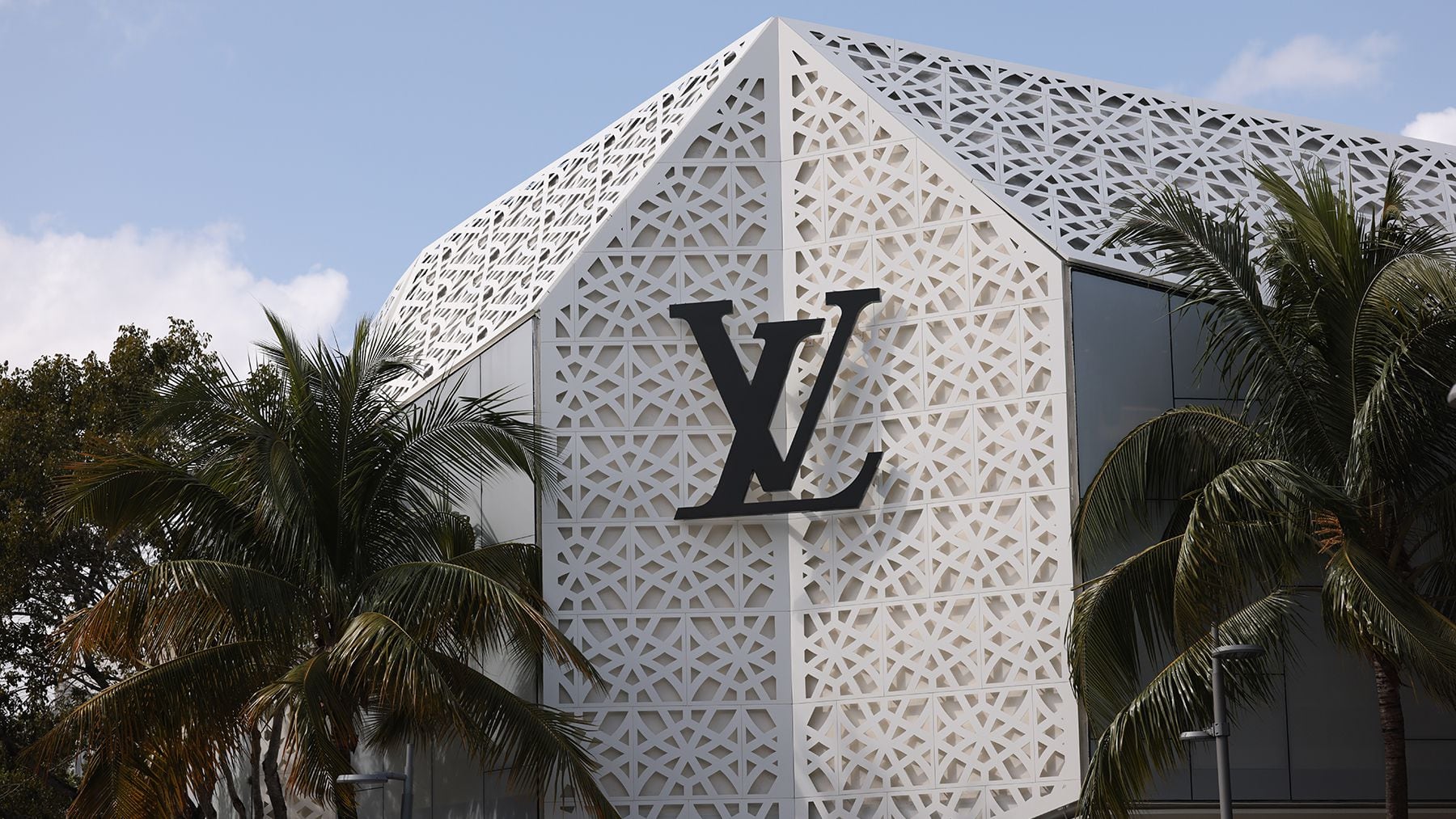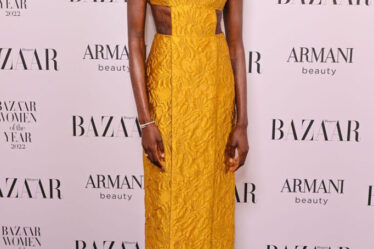
For the first time in six years, a Morgan Stanley analyst is relinquishing his positive view on LVMH.
Edouard Aubin downgraded the luxury-goods giant to equal-weight on Friday on concern over weakening demand in the sector, having had an overweight recommendation since January 2018. At the same time, he tempered his price target to €790 from €860. The shares fell as much as 1.9 percent in Paris before paring some losses.
While Aubin’s new target still sees LVMH’s shares rallying 12 percent over the next 12 months, it is far below the consensus target of €842, according to data compiled by Bloomberg. LVMH has 27 buy ratings, nine holds and no sell ratings.
“We expect the shares to move sideways in the coming months given likely further industry-wide deterioration in overall demand in the fourth quarter, as well as a likely difficult start to 2024 for LVMH,” Aubin wrote in a note. He added that he sees an increased risk for both the company and the wider industry from their greater dependence on spending by Chinese nationals.
The mood is souring on Europe’s luxury goods makers as higher interest rates and inflation have put pressure on consumer wallets. LVMH, the world’s biggest luxury group, reported softer sales growth in the third-quarter, a similar story seen at peers including Gucci-owner Kering SA and upmarket watch maker Richemont.
The cloudier outlook is giving analysts pause. Earlier in the week, HSBC Holdings Plc cut price targets across the sector, saying that European luxury stocks aren’t recession-proof, while UBS recently downgraded LVMH to neutral on the prospect that its outperformance will ease.
This caution has been reflected in the shares, with LVMH down 23 percent from April’s record, and up only 2.5 percent on the year.
By Kit Rees
Learn more:
Why Some Luxury Groups Are Doing Better Than Others
The slowdown in demand for high-end brands is hitting the sector unevenly, as seen in the polarised third-quarter results released this week by Hermès, Kering and others.
Disclosure: LVMH is part of a group of investors who, together, hold a minority interest in The Business of Fashion. All investors have signed shareholders’ documentation guaranteeing BoF’s complete editorial independence.



